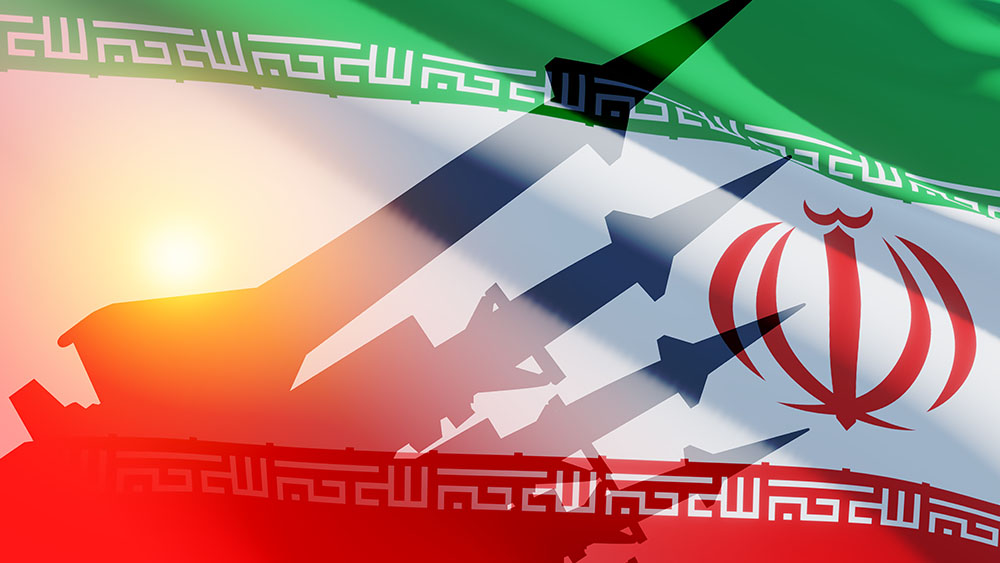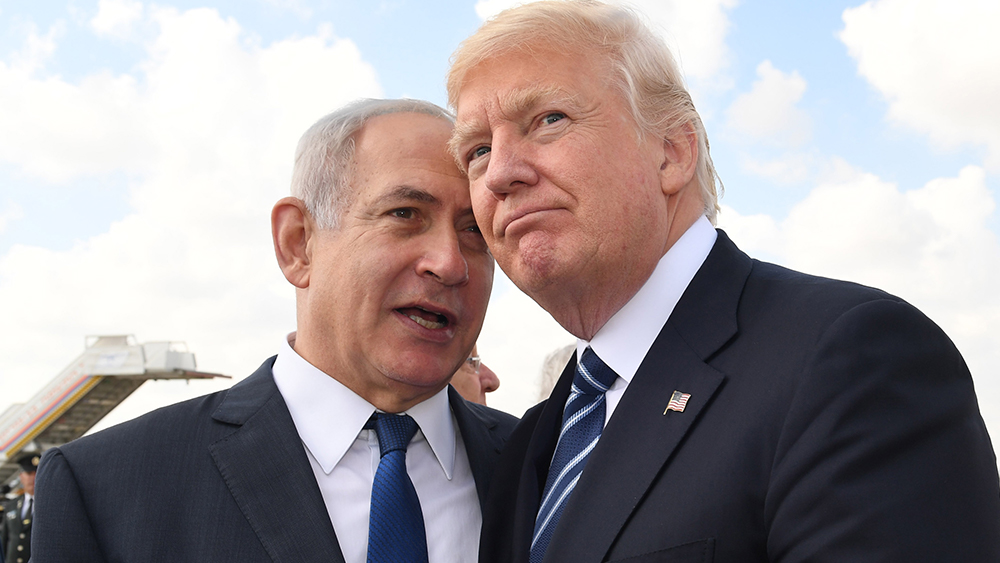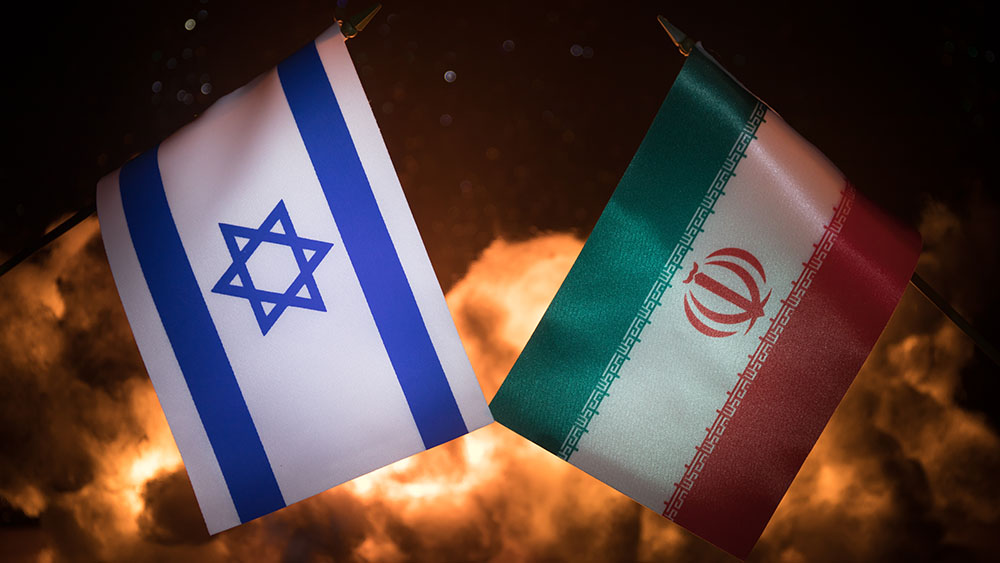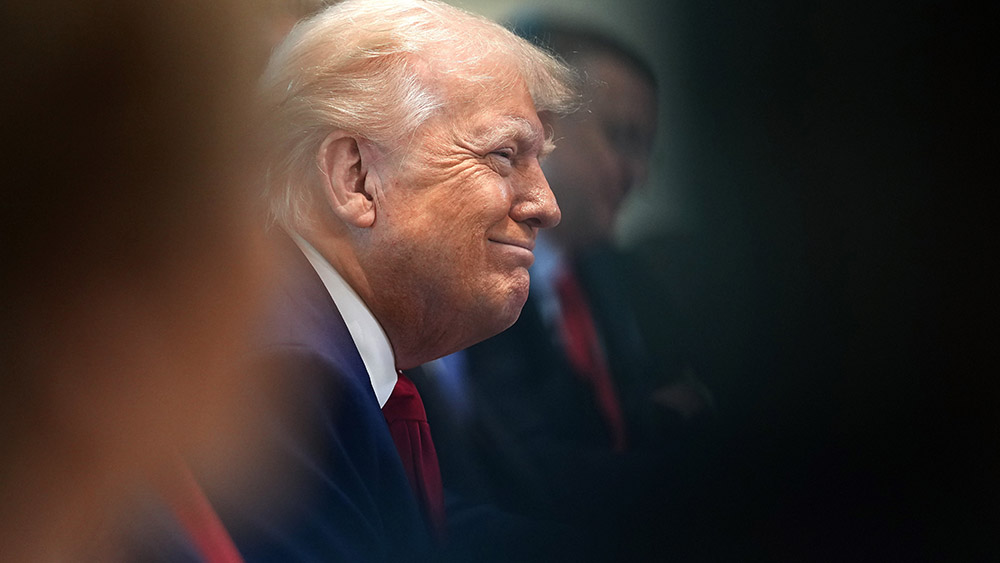 Parler
Parler Gab
Gab
- Despite recent U.S. and Israeli airstrikes, the IAEA warns that Iran could restart uranium enrichment within months, as some nuclear assets remain intact.
- IAEA Director General Rafael Grossi contradicts U.S. President Donald Trump's claim that the strikes "completely obliterated" Iran's nuclear facilities, stating that the damage, while severe, is "not total."
- Grossi emphasizes that military action alone cannot dismantle Iran's nuclear program, highlighting the need for diplomatic solutions and agreements to address the issue effectively.
- The IAEA seeks to return inspectors to Iran to assess damage and monitor nuclear activities, but Iran's ban on inspectors, citing alleged fact distortion, has hindered these efforts.
- Grossi urges reengagement with Iran and stresses the importance of resuming diplomatic efforts, underscoring that dialogue and negotiation are crucial for resolving the Iranian nuclear issue.
The role of IAEA
Grossi expressed hope that IAEA inspectors would soon be allowed back into Iran to assess the damage and monitor the country's nuclear activities. "At some point, the IAEA will have to return," he said. "Although our job is not to assess damage, but to reestablish the knowledge of the activities that take place there, and the access to the material, which is very, very important." Iran has barred IAEA inspectors from its nuclear facilities, accusing the agency of distorting facts in a recent report, which Tehran claims served as justification for the Israeli and U.S. strikes. Grossi refuted this. The IAEA plays a crucial role in monitoring and verifying Iran's compliance with international nuclear agreements. However, the recent ban on IAEA inspectors has hampered the agency's ability to assess the current state of Iran's nuclear facilities. Grossi acknowledged the challenges, saying, "We are not present in Iran, and so unable to make any direct evaluations of the damage." Despite this, he reiterated the IAEA's commitment to reestablishing its presence in the country. "Iran is still party to the Treaty on the Non-Proliferation of Nuclear Weapons, which implies that they have to work with the agency," he said.The call for engagement
Grossi's call for reengagement with Iran is not just a plea for the return of IAEA inspectors but a broader call for diplomatic efforts to resume. "It is constructive that Iran is not saying it is invoking internal measures to escape its obligations under the international treaty," he noted. The IAEA's warning that Iran could resume uranium enrichment within months serves as a sobering reminder of the limitations of military action in resolving the Iranian nuclear issue. As the international community grapples with the aftermath of the recent conflict, the call for a diplomatic solution grows louder. The path forward is fraught with challenges, but as Grossi suggests, the only viable way to address the issue is through dialogue and negotiation. The world watches with bated breath as the next chapter in this ongoing saga unfolds. (Related: U.S. considers unprecedented nuclear deal with Iran amid ongoing tensions.) Watch the video below that talks about Iran's plan to close the Strait of Hormuz. This video is from The Prisoner channel on Brighteon.com.More related stories:
Iran admits nuclear facilities "badly damaged" by U.S. strikes. DHS warns of potential Iranian sleeper cell threat at U.S. colleges. Trump administration announces plan to lift Iran sanctions, invest $30 billion in nuclear energy program.Sources include:
RT.com CBSNews.com Brighteon.comTrump puts “heavy pressure” on Netanyahu to end Gaza war as ceasefire talks stall
By Cassie B. // Share
Yemen’s Houthis sink cargo ship, kill mariners in renewed Red Sea assault
By Cassie B. // Share
Iran rapidly rebuilds air defenses with Chinese missiles after Israel conflict
By Cassie B. // Share
Pezeshkian: Israel-Iran conflict a product of Netanyahu’s “devilish machinations”
By Ramon Tomey // Share
Governments continue to obscure COVID-19 vaccine data amid rising concerns over excess deaths
By patricklewis // Share
Tech giant Microsoft backs EXTINCTION with its support of carbon capture programs
By ramontomeydw // Share
Germany to resume arms exports to Israel despite repeated ceasefire violations
By isabelle // Share










